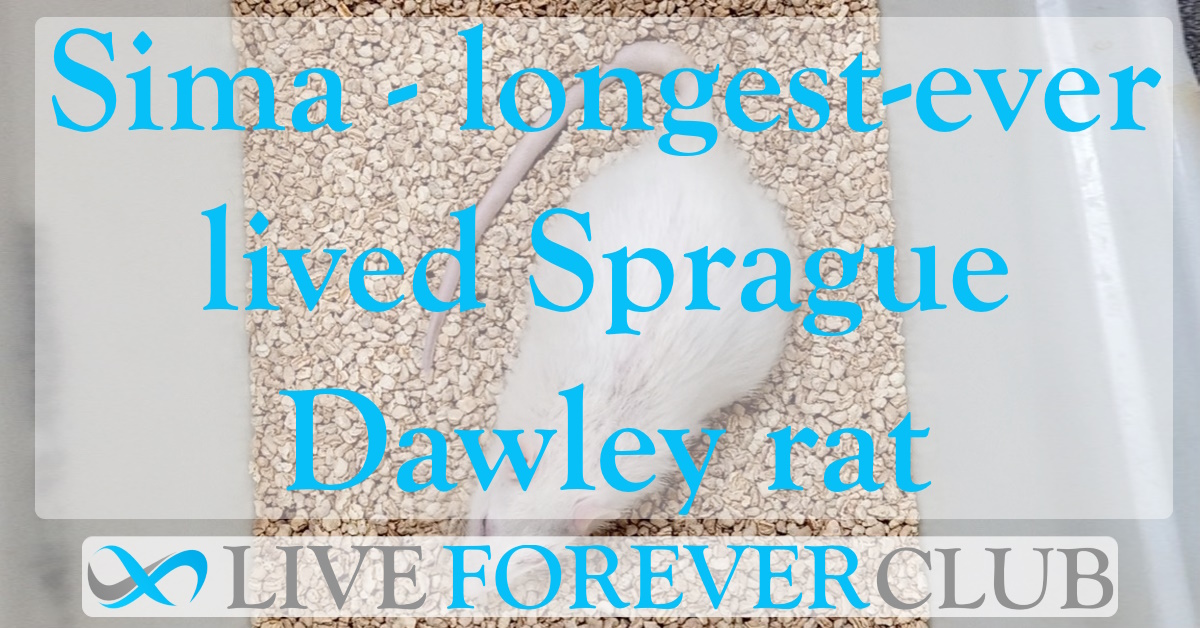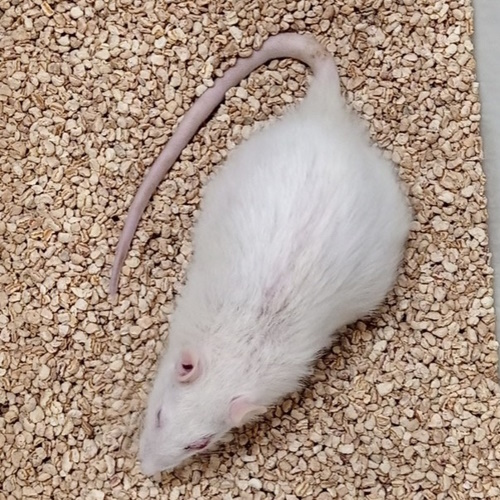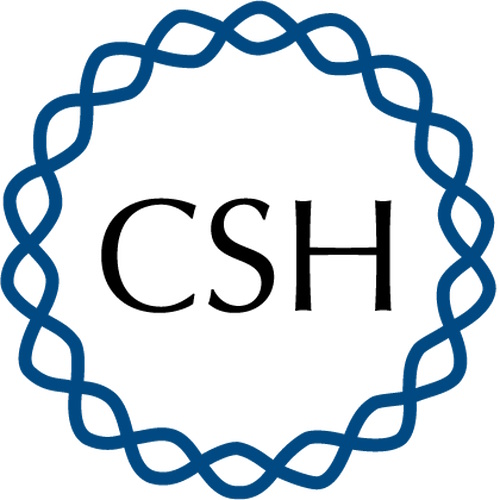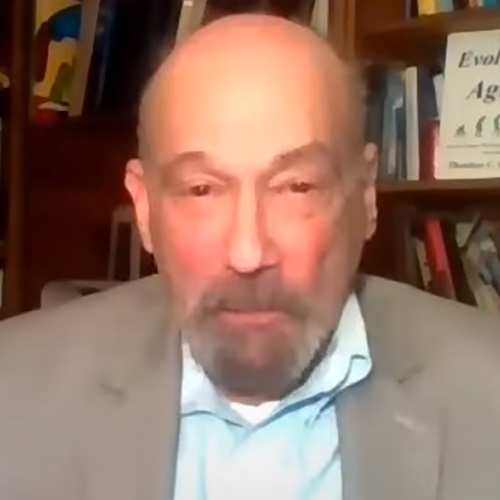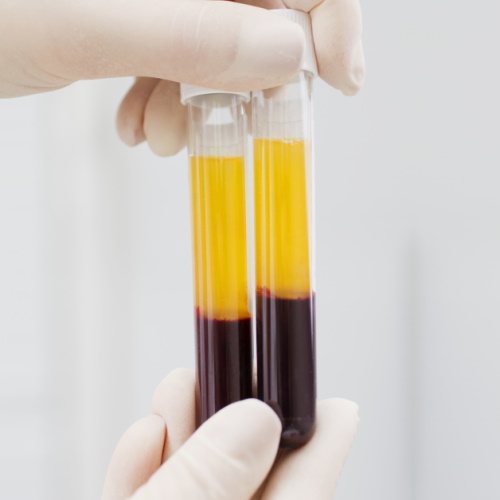Sima, the 47 months-old Sprague Dawley rat — interview with Dr. Harold Katcher
Talks about Sima - the longest lived Sprague Dawley rat ever - and his E5 plasma-based therapeutic
Key points from the interview:
- Sprague Dawley rats usually live 24-36 months
- previous recorded maximum lifespan of 45.5 months
- Sima has now lived 47 months
- average lifespan in treated cohort increased, but Sima is outlier
- difference may be due to variation of original biological age, or success of each application - lots of variables
- healthspan was also extended - measured cognitive function and organ function
- aiming to double or triple maximum lifespan
- plasma treatments seem to be temporary, E5 treatment is semi-permanent
- seems to be a different mechanism that determines maximum lifespan
- ovary plays an import part if female ageing
- Cold Spring Harbor hid us in a corner - ageing community would prefer to overlook us
- 1 rat month is equivalent to 2.5 years - so equivalent of human living an extra 20 years
- think we will do better than that
- wants to do a dog study
- looking at different methods of administration, e.g. patches
- could generate more activity per milligram
- competitors all believe ageing happens at the cellular level - but has been shown that's not the case
- if you put a young cell in and old body, then it becomes old, and vice versa
- may be able to synthesize E5 in future (currently from pigs)
- original intention was to use plasma exchange - but now thinks that effect would be temporary
- skin test looking good 7 months later (single application) which might suggest no pro-ageing factors in blood
- final question... when might we be able to increase maximum lifespan of humans
- Harold thinks maybe about a year... and will be one of the first volunteers!
See more details about the experiment in the blog: Harold Katcher’s E5/Elixir (Young Plasma) Rat Trial Results
Visit website: https://www.youtube.com/watch?v=DpIbEluiN3o
See alsoDetails last updated 10-Feb-2023
Mentioned in this Resource
Cold Spring Harbor Laboratory (CSH)
Biomedical research and education lab with programs in cancer, neuroscience, plant biology and quantitative biology
